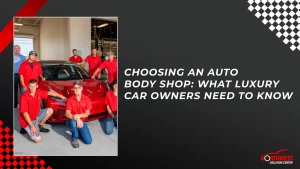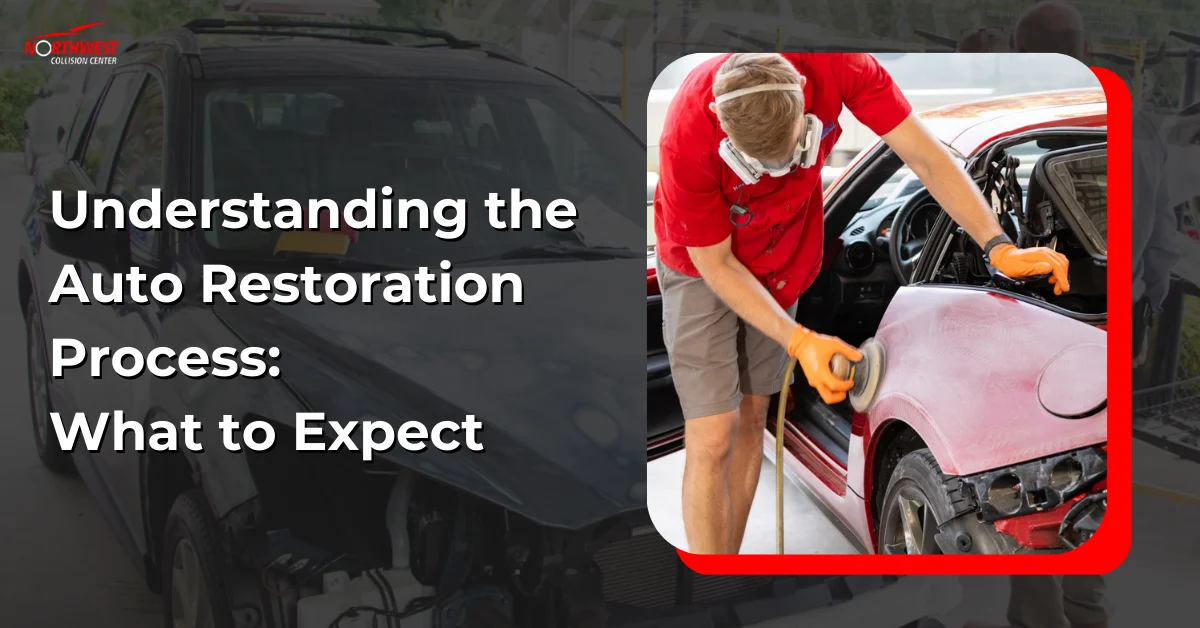Electric vehicles are a great choice for any car owner because of their amazing features and benefits. But many people are hesitant to buy one due to several myths that may be believable if you don’t do your research or ask professionals about them. If you don’t know who to ask, don’t worry! We’re here to shed light on the truth about electric cars. Continue reading to know more!
Myth #1: Electric cars are slow.
Fact: Electric cars have evolved, and they can either match or exceed gas-powered cars in speed. Technology is always coming up with something better. Just like gas-powered vehicles, electric cars are highly capable of getting you to your destination on time. You don’t have to worry about being late for your meetings and commitments. Some electric car models are even faster than their gas-powered equivalents.
Myth #2: Electric vehicles don’t have enough range, and you’ll get stuck.
Fact: This is one of the biggest concerns people have about electric vehicles, and why it is important to know EV car battery myths and facts. If you’re worried that an electric car will let you down and leave you stranded, you’re mistaken. Even a short-range electric vehicle can last for more than 80 miles per day before you need to plug it in. Car manufacturers have also produced ranges that anyone would find impressive. On top of that, there are now many public EV chargers that can save you when your battery drains. You just have to know where to look.
Myth #3: Electric cars are no fun and are not impressive.
Fact: This is another myth that we are debunking. Electric cars can definitely match the performance of gas-powered vehicles. Electric vehicles are developed for you to have a smooth driving experience. They are also suited for long drives if you love going on road trips with your friends. They also include many incredible digital features, like motion sensors, parking assistance, and touchscreen consoles. Quite amazing, right?
Myth #4: Electric cars come with a hefty price tag.
Fact: This myth has some truth to it, but there are some electric vehicles available in the market that will not put a hole in your pocket. However, it’s also important to consider other costs including maintenance and electricity in the long run. You don’t have to spend much on maintenance for electric-powered cars because they don’t have as many parts as gas-powered ones. They also don’t require frequent charging, so your electric vehicle won’t take a toll on your electric bill.
Some parts of EVs include the following:
- Catalytic converter
- Valves
- Clutch
- Tailpipe or muffler
- Spark plugs
- Fuel tank
- Distributor
- Drive belts
- Hoses
- Starter
Myth #5: It is impossible for the power grid to support the mass adaptation of electric vehicles.
Fact: It would be impossible to support the need for electricity if everyone decides to switch to electric vehicles immediately. However, this shouldn’t be a cause for concern because technology is constantly evolving. Who knows? Solar panels might be a new way to charge your car or car companies might develop cars with their own solar panels.
Myth #6: Electric vehicles are unsafe.
Fact: This is another myth about electric cars that you shouldn’t believe. All types of vehicles, including electric vehicles, undergo a series of tests before they are deemed safe for people to use. Professionals test if a car can protect the driver and passengers in the event of crashing. You also don’t have to worry about explosions or fires in the event of a collision or accident because the chances of that happening are slim.
Myth #7: Electric vehicles are not good for the environment.
Fact: People need to know that electric vehicles are much better when it comes to the environment. Compared to their gas-powered counterparts, EVs don’t emit as many pollutants that damage the ozone layer. Electric vehicles produce less carbon footprint in the long run. So if you’re environmentally conscious, EVs are the way to go.
Now that we have unraveled the truth behind electric cars, you can finally decide whether this is the best option for you. If you already have one and you’re still confused about some things, you can call a professional for assistance.
Looking for the finest auto body repair shops in St. Petersburg, FL? Your top choice is Northwest Collision Center. We are your one-stop-shop for all your electric vehicle needs. Our staff is also more than willing to attend to your concerns and help familiarize you with the different features of your electric car. You can even ask whether other myths about electric cars are true. Visit our website to know more. We can’t wait to serve you!










